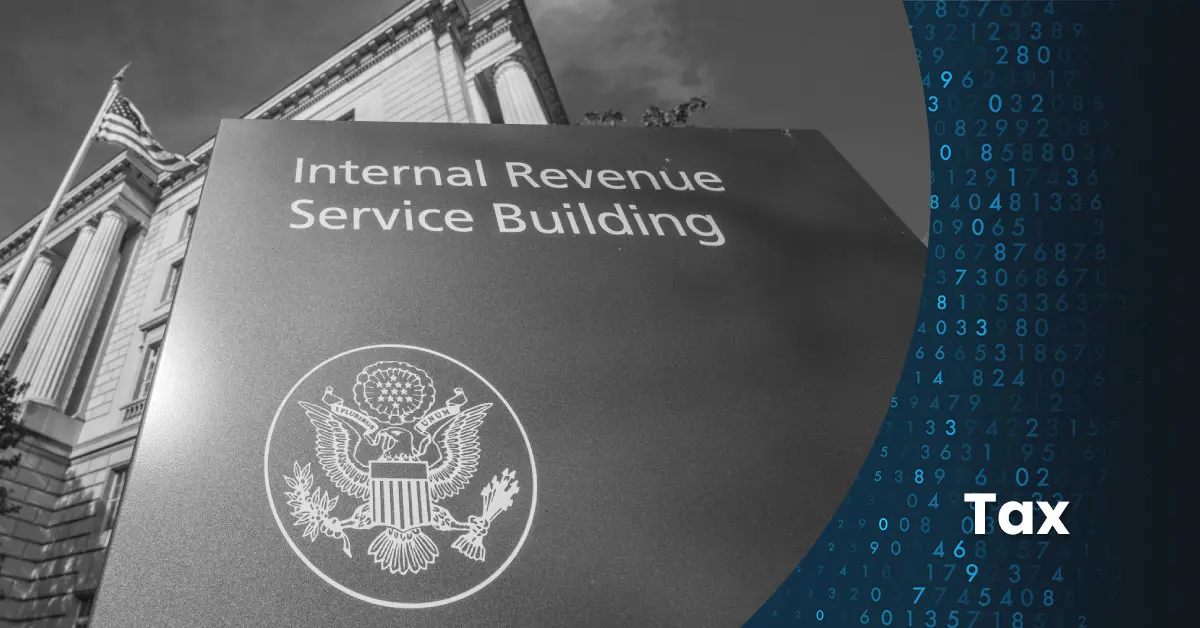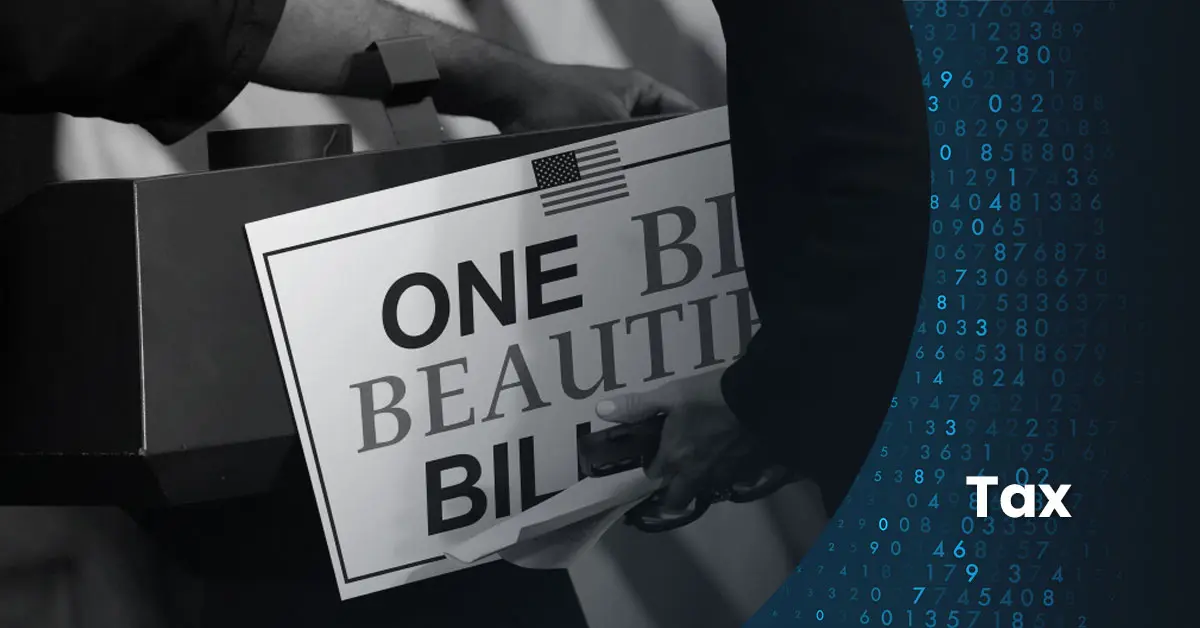By Abby Blecker, Former Marketing Intern
The term “millennial” is not only a noun pertaining to a specific age group, but a trending buzzword that has been permeated with assumptions about personal preferences in our interests, career goals, and culture.
I have personally come to dislike the word, as I find I am continually lumped into a large group almost solely based on age. I have found our age dictates an assumed culture we all want to have in our working life. However, a much wider and broader range of young working adults exist.
Most millennials will agree on basic concepts, such as the importance of having meaningful work and being happy with our positions. But there are many other factors that help us determine what we want most.
Culture & Autonomy– While many millennials enjoy smaller, forward-thinking companies with a fun and inclusive atmosphere, there are definitely some who enjoy- or even rely on- structure and order for their jobs. Some may enjoy getting together with teams in the nearest conference room to get work done, and some may want the ability to sit on their own working in a coffee shop. These things can certainly both exist in a company, but there are many varying levels. It takes certain personality types to want high levels of autonomy and fast-paced cultures or a corporate cubicle until 5pm.
Work/Life & Flexibility- Even the top trending places to work have their ups and downs. Some companies implement more traditional 9-5 hours, while others let employees work at their convenience as long as their jobs get done. Our age group still has many different working styles, and we have differing opinions on how much of our time should be dedicated to work. Some care more than others about making sure the where, when, and how of working fits more traditional guidelines.
Company Size– It’s true that many younger people tend to avoid large companies because they are often associated with being “old-fashioned” or “classic corporate.” However, there are definitely some advantages that only larger companies can offer on a larger scale, ranging from company reputation, benefits and job stability to gym memberships and many other exclusive perks. On the other hand, smaller companies can offer the ability to have more personal connections throughout the office, increase exposure to areas other than your expertise, and work more directly with upper-level management earlier in a career.
Major- Sometimes a person’s major can influence how they feel about the above factors. Maybe they can only get their work done in a traditional corporate environment. Maybe they get more done by ditching the 9-5 work day. Group-work may be the best option for some kinds of work, while other work is best done in individual settings. An accountant may not work the same way a graphic designer does.
In the end, there is no one right answer. One type of millennial is no better or brighter than the other, and everyone’s happiness levels are based on differing environments, situations, cultures, etc. When accepting a job and working for a company, both parties should be happy about the deal. The most important thing is that as millennials, we make career-related decisions based off our personal preferences, not what others assume we want. From a recruiting perspective, giving offers to candidates who best fit the culture and style of your company can be key to enhancing both as well as retaining the employee. We may be a more vocal group- but we are not all the same.

 Previous
Previous




